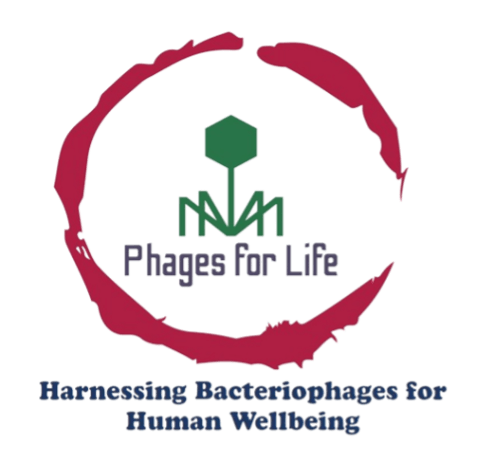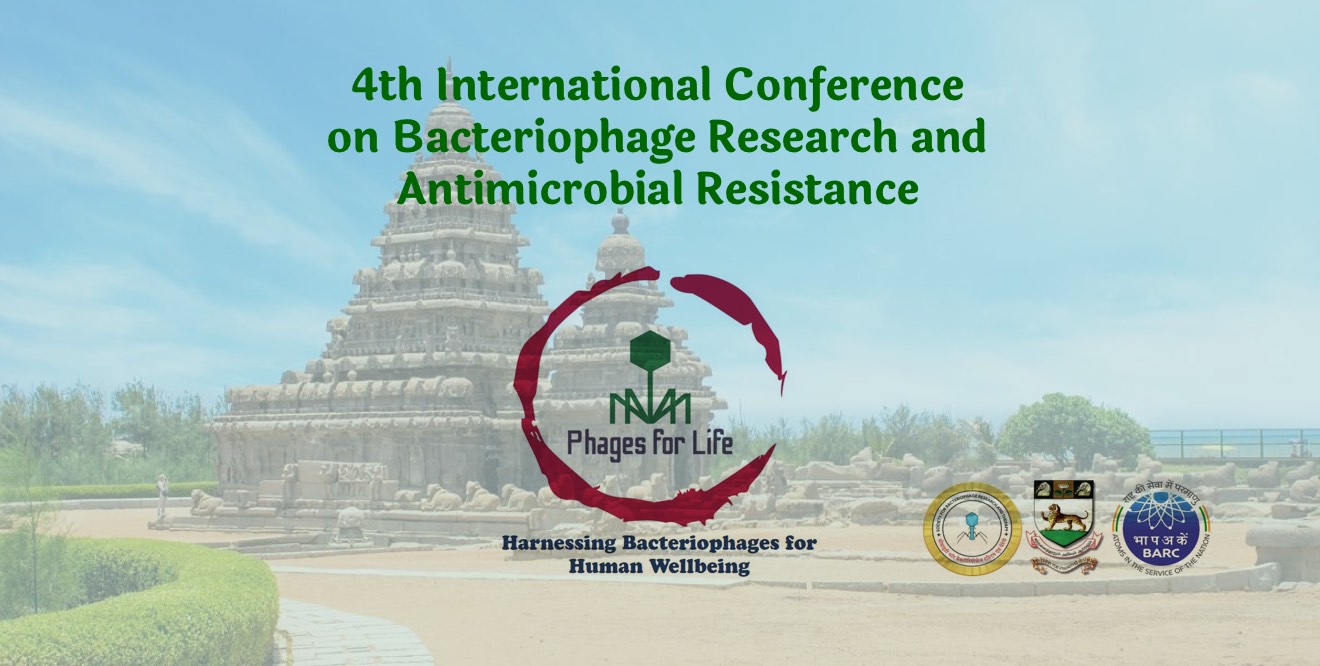Phage Research in India: A Legacy Revisited
Phage research in India has deep historical roots dating back to 1896 when British bacteriologist Ernest Hanbury Hankin made groundbreaking observations. He was the first to describe the ‘bactericidal action of the waters of the River Ganges on Cholera microbes.’ Even today, water from the Ganges remains an integral part of Hindu households, stored for extended periods without spoilage or unpleasant odors. This remarkable preservation is attributed to the believed presence of Bacteriophages in the Ganges, although further scientific evidence is required to confirm this hypothesis.
In 1927, during an Asiatic cholera epidemic in Punjab, Dr. Felix d’Herelle demonstrated the potential of phage therapy by treating 74 severely ill patients. Astonishingly, the phage therapy group exhibited only a 6% mortality rate, compared to the 63% mortality rate in the control group (Can J Infect Dis Med Microbiol. 2007 Jan; 18(1): 15–18. doi: 10.1155/2007/365761). However, with the emergence of antibiotics in the 1940s and 1950s, phage therapy lost its prominence in India as antibiotics were considered more effective and convenient for treating bacterial infections.
A Resurgence of Phage Therapy
In recent years, the rapid rise of antibiotic-resistant bacteria (AMR) has reignited interest in phage therapy as an ideal solution to combat this escalating global health threat. Pioneering researchers like Dr. Sanjay Chhibber (Panjab University) and Dr. Gopal Nath (Banaras Hindu University) continued their work with bacteriophages, guiding the next generation of researchers who have chosen to explore the potential of phages.
In 2017, The Society for Bacteriophage Research and Therapy (SBRT) was established, officially registered on December 19, 2018, with Dr. Sanjay Chhibber as President and Dr. Gopal Nath as Secretary. Under the SBRT umbrella, an annual conference on bacteriophage research and therapy was initiated, providing a platform for phage researchers to convene, interact, and collectively advance phage research in India.
ICBRAR-2023: Uniting Global Phage Experts
Continuing this tradition, the Bhabha Atomic Research Center (BARC) and the University of Madras are jointly organizing the 4th International Conference on Bacteriophage Research and Antimicrobial Resistance (ICBRAR-2023). The conference theme, “Phage for Life: Harnessing Bacteriophages for Human Wellbeing,” encompasses eight thematic areas of phage research, spanning from phage therapy to applications in agriculture and marine environments. Distinguished speakers from various industries and experts in the field will share their insights.
ICBRAR-2023 will take place from September 28 to 30, 2023, in Chennai, a picturesque coastal city in India. Over forty internationally acclaimed phage researchers from around the world will deliver talks on various aspects of phage research, sharing their work and ideas with approximately 200 in-person and virtual participants. The conference will facilitate valuable interactions and networking opportunities for students and researchers, fostering new collaborations and enduring scientific engagement. For those unable to travel to Chennai, organizers have announced a hybrid mode, ensuring global participation in this knowledge-enriching experience.

Challenges and Opportunities in Phage Research
Phage research in India is still in its infancy, presenting both challenges and opportunities. Key challenges include standardizing phage preparation, establishing guidelines and protocols for phage treatment, conducting clinical trials, and defining phage delivery protocols. Collaboration among Indian researchers is essential to generate scientific evidence-based data for regulatory approval. ICBRAR-2023 offers an ideal platform for Indian researchers to learn from global experts like Prof. Dr. Jean Paul Pirnay (Belgium), Prof. Mikael Skurnik (Finland), and Dr. Jessica Sacher (Australia), who have pioneered phage therapy in their respective countries.
Additionally, talks by Prof. Robert Edwards and Dr. Simon Roux will provide insights into bioinformatic techniques and tools necessary for extracting meaningful outcomes from genomic data related to phages of interest.
Beyond Phage Therapy: Expanding Applications
Bacteriophages and their applications extend beyond therapy, with relevance across various domains where bacterial control is crucial. Dr. Hany Anany and Dr. Janet Nale will discuss phage applications in food preservation, while Dr. Karthik Ananthraman, Dr. Hiren Joshi, and Dr. Justyna Andrysiak will explore bacteriophages in aquaculture and marine environments. Dr. Palani and Dr. Justyna Kowalska will share insights on phage applications in agriculture. The conference will also feature talks by Dr. Franklin Nobrega, Dr. Rodrigo Ibrara Chavez, and Dr. Sutharsan Govindarajan, shedding light on fundamental aspects of bacteriophage research. Furthermore, Dr. Vinod Kumar, Prof. Amita Gupta, and Dr. Paul Jaschke will delve into other biotechnological applications of bacteriophages.
For a detailed list of speakers and the conference schedule, please visit https://www.icbrar2023.com/
Join us at ICBRAR-2023 and be a part of the phage research revolution, where science, innovation, and collaboration converge to shape the future of bacteriophage applications for the betterment of humanity.
Dr. Hiren Joshi also contributed to this article.






